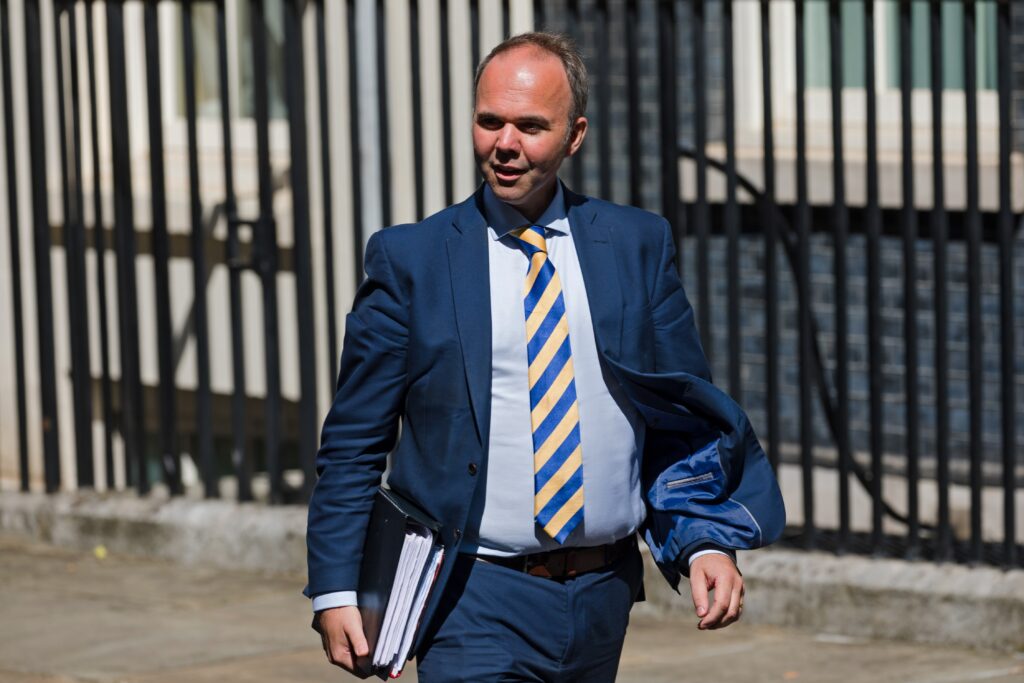“The problem that Rachel Reeves really sharply faces … is that you have pinned everything on the fiscal rules,” he argued. “If you say we are now going to change them, that will provoke a reaction of the kind we have just seen through bond markets.”
Don’t surprise the markets — Rupert Harrison, former adviser to George Osborne
Rupert Harrison — a key Tory ex-aide who is now a senior adviser at investment management company PIMCO — agreed markets would be spooked by any watering down of Reeves’ fiscal rules, with investors already factoring in tax rises.
“The gilt market has already started to react negatively to news about the welfare bill, with yields rising relative to other countries, but the scale of that reaction has been limited by a widespread assumption amongst investors that the government’s response will be to raise taxes in the autumn,” he said.
“Any suggestions that the government might look again at watering down its fiscal rules would start to risk a more negative market reaction given the U.K.’s well-known fiscal vulnerabilities,” Harrison added. “Markets now assume that cuts to welfare spending and departmental budgets are effectively off the table — if they start to sense that the political will to raise taxes is also lacking then concerns about fiscal sustainability will grow.”
 Gavin Barwell, former chief of staff to Theresa May. | Vickie Flores/EFE via EPA
Gavin Barwell, former chief of staff to Theresa May. | Vickie Flores/EFE via EPA
Give MPs a reality check — Gavin Barwell, former chief of staff to Theresa May
Gavin Barwell, in the trenches as the Theresa May government faced huge disloyalty in the ranks over Brexit, thought Reeves needed to be better at forcing members of parliament to say what hard choices they would actually make.
He drew parallels between the current government’s party management woes and the dilemma facing his former boss. “Different people kept putting to parliament different propositions of how to solve the Brexit question, and parliament just kept saying no, but it never had to say what its answer was,” he recalled.
